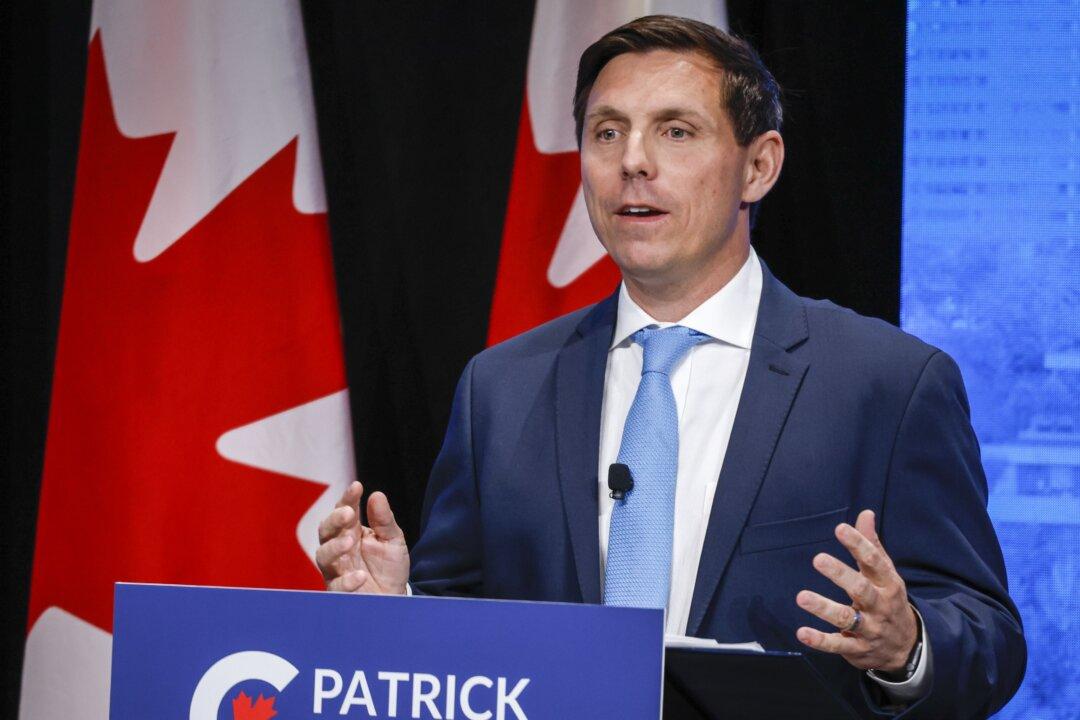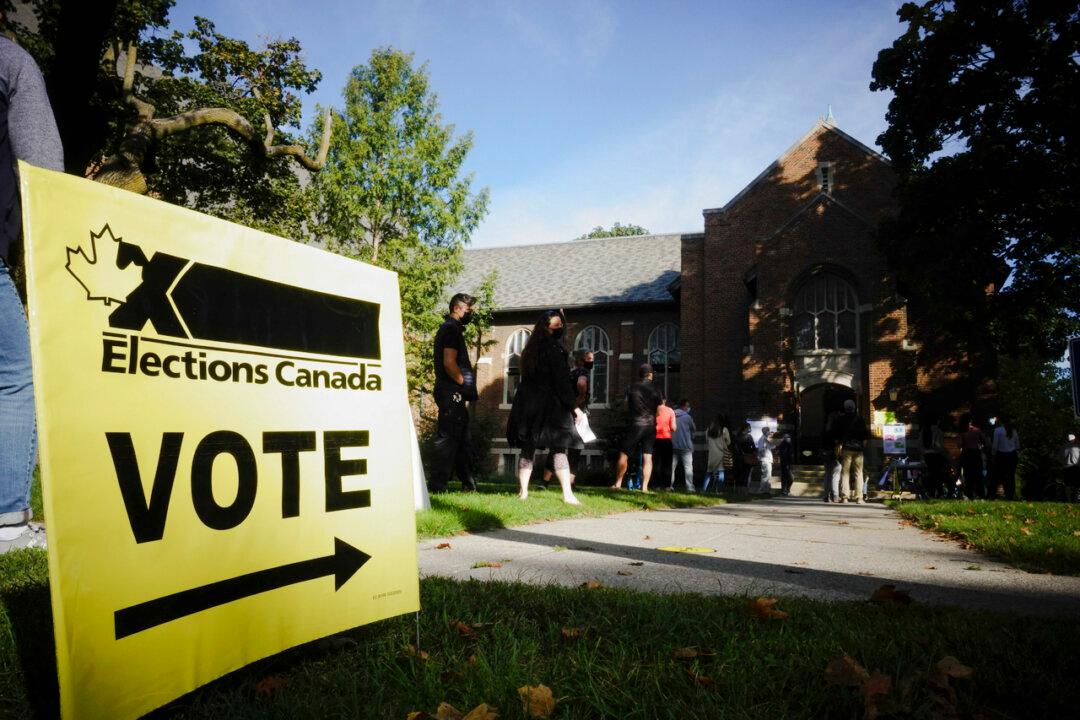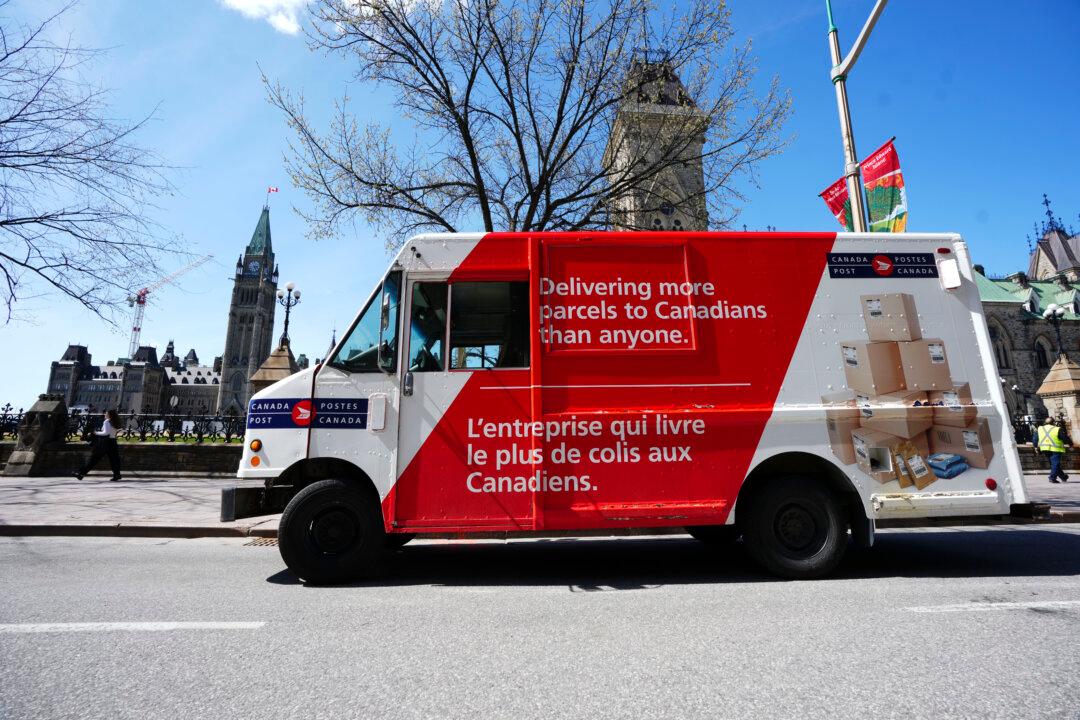Commentary
Patrick Brown, the mayor of Brampton, Ont., was recently disqualified from running in the Conservative Party leadership race. Some party members, including most of his supporters, immediately cried foul at the manner in which he was removed. While the process was far from perfect, the Conservatives actually handled this difficult matter in the proper fashion.





